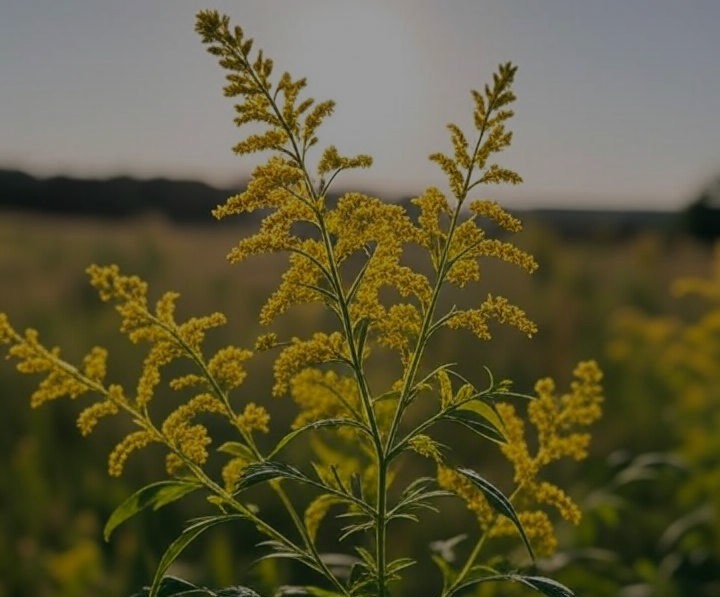September marks the beginning of New Jersey’s most challenging allergy season for seniors, as ragweed pollen reaches its annual peak. Unlike spring allergies that primarily affect younger adults, fall allergens pose particular challenges for older residents whose immune systems may be more sensitive to environmental irritants.
Primary Fall Allergens
Ragweed dominates New Jersey’s fall allergen landscape, with a single plant capable of producing one billion pollen grains per season. These microscopic particles can travel hundreds of miles, making escape nearly impossible even in urban areas like Trenton or Newark. Additionally, outdoor mold spores thrive in the state’s humid autumn conditions, particularly after leaf fall creates damp organic matter.
Dust mites also multiply rapidly as seniors begin closing windows and turning on heating systems for the first time since spring, circulating allergens throughout homes.
Senior-Specific Concerns
Older adults face heightened risks because fall allergies can exacerbate existing respiratory conditions like asthma or COPD. Seniors taking multiple medications may experience interactions with over-the-counter allergy treatments, making consultation with healthcare providers essential before starting any new regimen.
Age-related changes in immune function can also make seniors more susceptible to prolonged allergy symptoms, with recovery taking longer than in younger individuals.
Management Strategies
Healthcare experts recommend seniors monitor daily pollen counts through local weather reports and limit outdoor activities during peak times, typically mid-morning through early afternoon. Keeping windows closed and using air conditioning with clean filters helps reduce indoor allergen exposure.
For medication management, seniors should consult pharmacists about potential interactions between allergy medications and existing prescriptions. Saline nasal rinses provide drug-free symptom relief, while regular cleaning of bedding in hot water eliminates dust mites.
New Jersey’s fall allergy season typically extends through October, making early preparation crucial for senior comfort and health.


